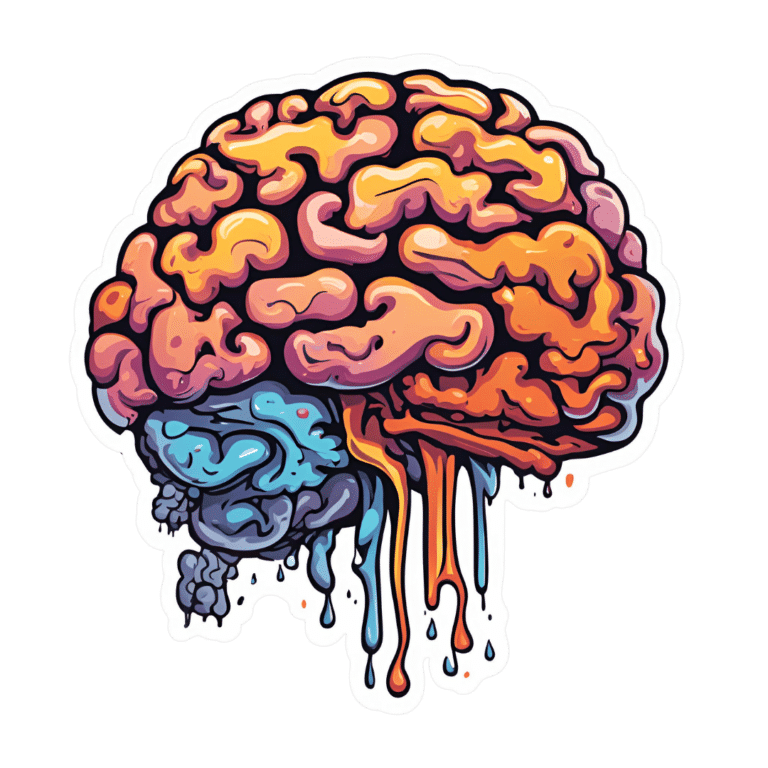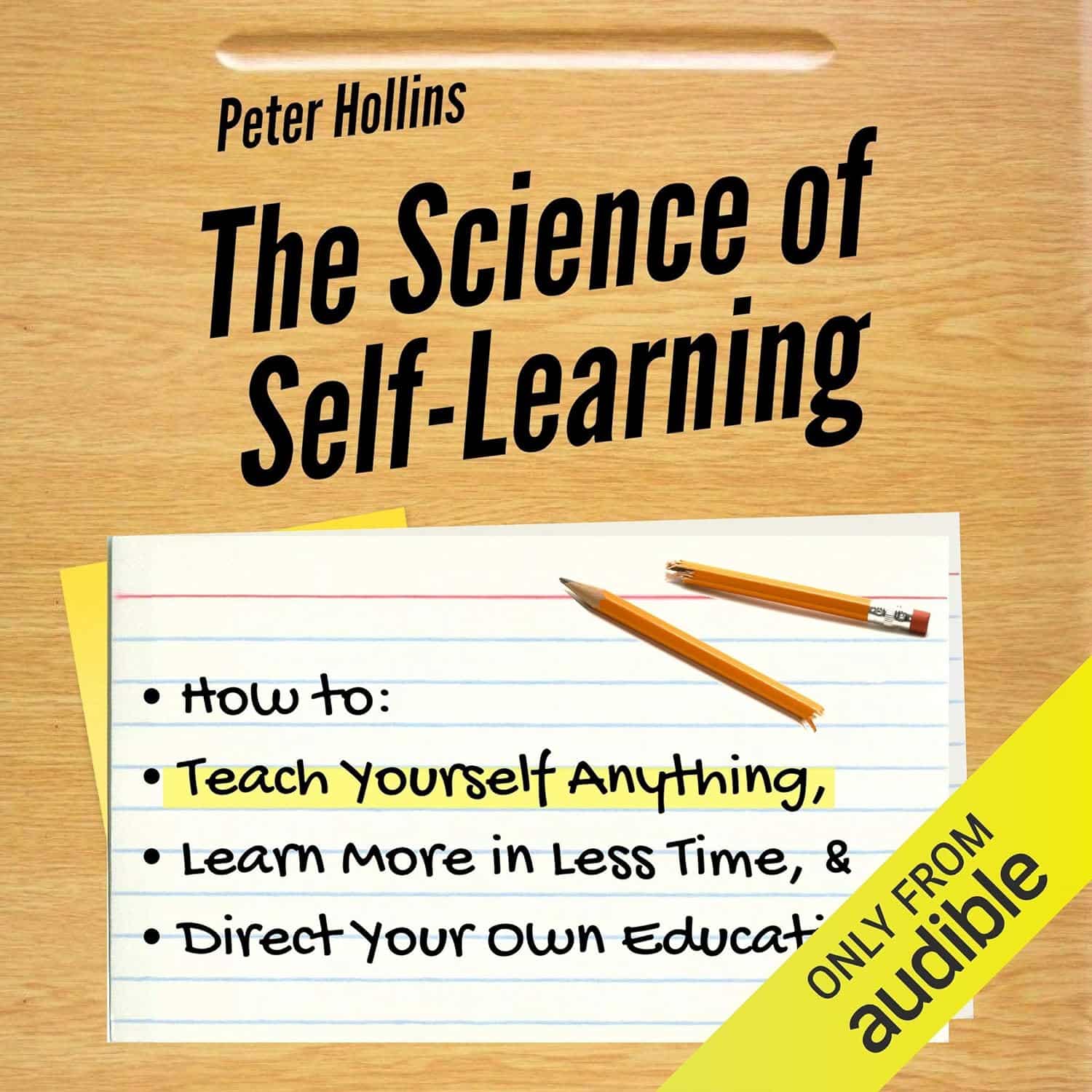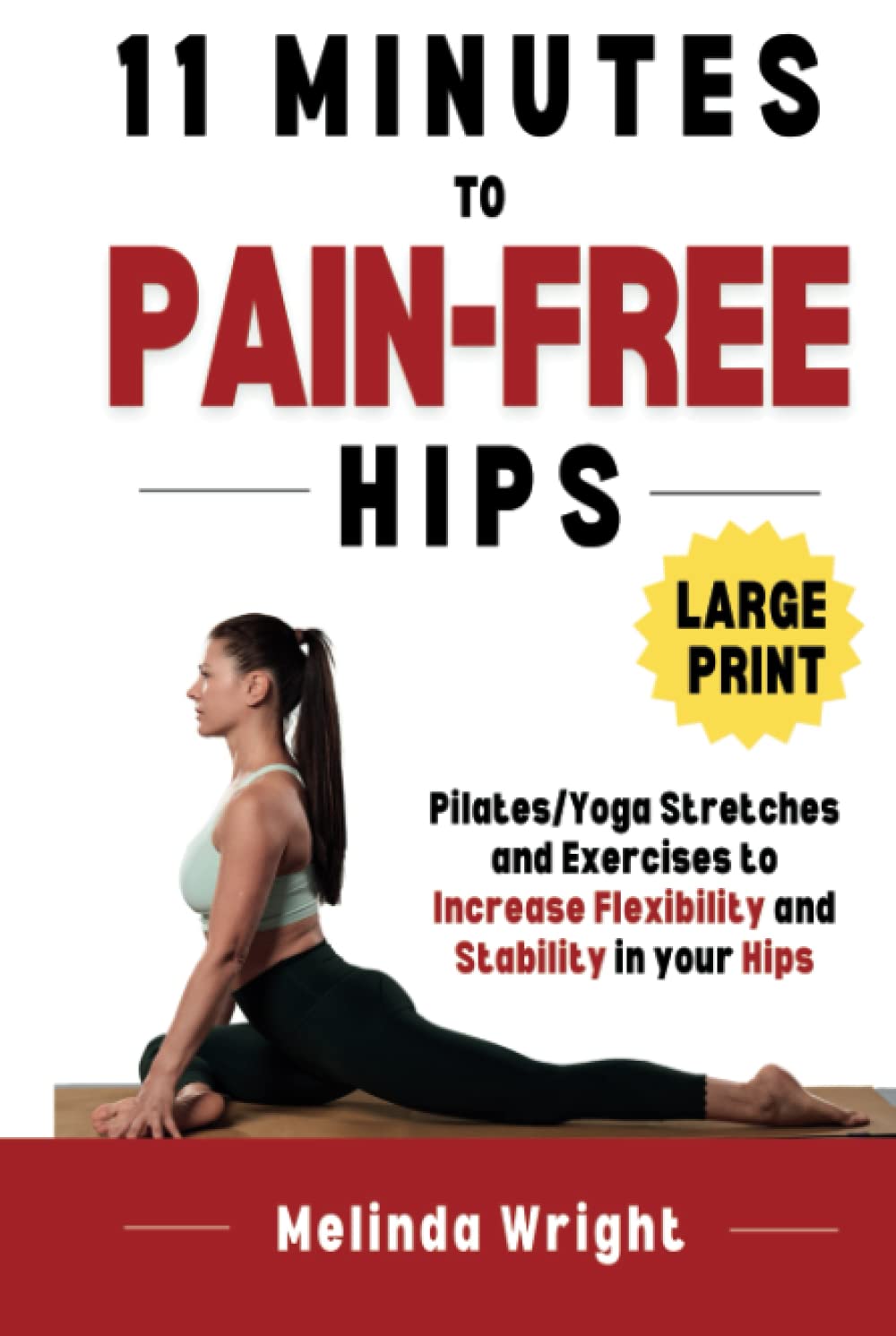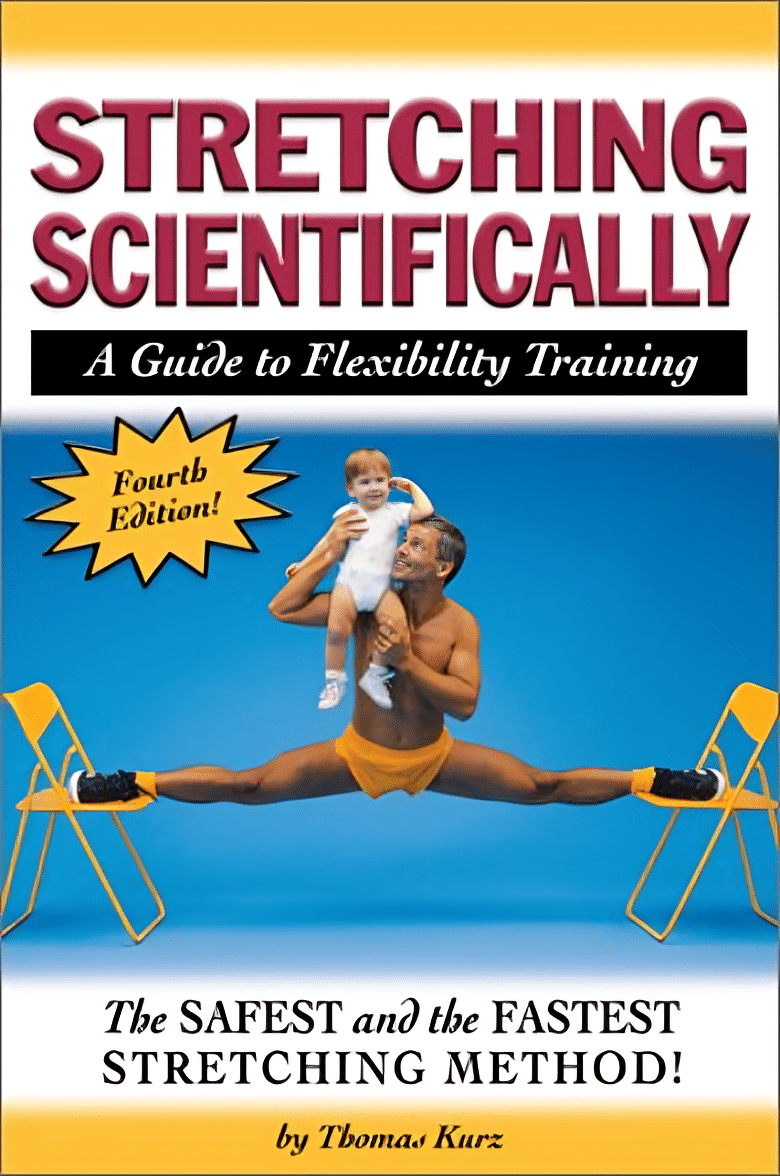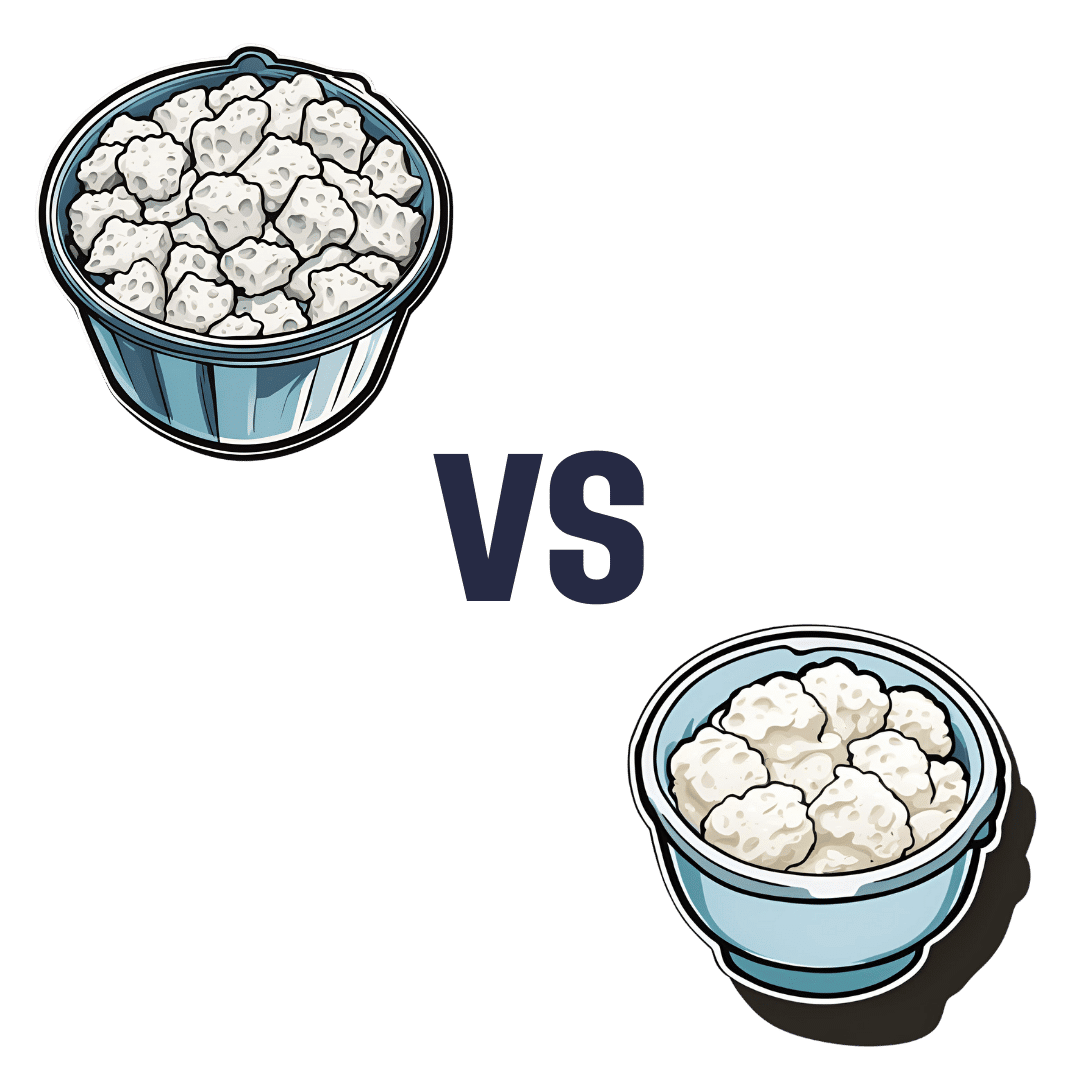
The Keys to Good Mental Wellbeing
10almonds is reader-supported. We may, at no cost to you, receive a portion of sales if you purchase a product through a link in this article.
The Nine Keys To Good Mental Wellbeing
Today’s main feature is a bit “pop psychology”, but it has its underpinnings in actual psychology, and is especially useful if approached from that angle.
What it’s most popularly enjoyed as:
- A personality-typing system.
- People love little quizzes and identifiers and such.
What it’s actually really useful as:
- A tool for understanding why people (including ourselves) are the way we are
- A foundational knowledge for living better ourselves, and helping others too
This stems from the fairly simple principle, uncontroversial in psychology:
- We have needs, desires, and aversions
- We act in a way that tries to get our needs met and avoid suffering
- Thus: Need/Fear → Motivation → Action
The Enneagram
The Enneagram (ἐννέα = “nine” in Ancient Greek) system posits that we each have one fundamental need/fear (from a list of nine) that’s strongest for us. A deep-seated insecurity/longing, that we’ll go to almost any lengths to try to meet. Sometimes, in good ways, sometimes, bad.
The Nine Basic Fears/Insecurities, And Their Corresponding Needs/Desires:
- Fear of being a fundamentally bad, wrong person / Need to be good and correct
- Fear of being fundamentally unloveable / Need to be loved
- Fear of being fundamentally worthless / Need to be valued
- Fear of being like everyone else / Need to be different
- Fear of being useless / Need to be useful
- Fear of being outcast / Need to have a set place in the group
- Fear of missing out / Need to experience things
- Fear of being hurt or controlled / Need to be in control
- Fear of conflict / Need to be at peace
Of course, most of us have most of these fears/needs to some extent, though usually one will stand out—especially if we aren’t managing it well. The less healthy our coping mechanisms, the more obvious it is how we’re trying to overcompensate in some fashion. For example:
- A person who fears being wrong and so becomes a perfectionist rules-abider to a fault
- A person who fears being unloveable, and so exaggerates problems to get pity, as the next best thing
- A person who fears being worthless, and so exaggerates their accomplishments in order to be admired and valued
- A person who fears being like everyone else, and so descends into a “nobody could ever possibly understand me” black hole of pathos.
- A person who fears being useless, so burns themself out trying to be an omnicompetent Leonardo da Vinci without ever actually taking the time to stop and smell the flowers as Leonardo did.
- A person who fears being outcast, so becomes clingy, passive-aggressive, and suspicious
- A person who fears missing out, so tries to experience all the things all the time, ruining their health with dizzying highs and crushing lows.
- A person who fears being hurt or controlled, so becomes aggressive and domineering
- A person who fears conflict, so shuts down at the slightest hint of it
If we have healthier coping mechanisms, these same nine people can look a lot different, but in much more subtle ways because we’re not trying to overcompensate so badly:
- A person who lives their life rationally by principles that can be adapted as they learn
- A person who loves and is loved, as perhaps the most notable part of their character
- A person who sets reasonable goals and accomplishes them, and seeks to uplift others
- A person who creates and innovates, enriching their own life and the lives of others
- A person who is simply very competent and knowledgeable, without overstretching
- A person who is dependable and loyal, and a reliable part of something bigger than themself
- A person who is fun to be around and loves trying new things, while also knowing how to relax
- A person who develops their leadership skills and is a tower of strength for others
- A person who knows how to make peace and does so—by themself, and with others
By being aware of our own fears/insecurities that may drive our motivations and thus underpin our behaviors, we can usually manage them in a much more mindful fashion. Same goes when it comes to managing interactions with other people, too:
- Letting the Type 3 know you value them, not their accomplishments or what they can do for you.
- Appreciating the Type 5’s (varied or specialist) skills and knowledge.
- Giving love to a Type 2 unprompted, but on your own terms, with your own boundaries.
- And so on for other types
Or for yourself…
- As a Type 8, remembering that you can let go sometimes and let someone else be in charge.
- As a Type 1, catching yourself holding yourself (or others) to impossible standards, and then easing up on that a little.
- As a Type 9, remembering to stand up for yourself and others, however gently, but firmly.
- And so on for other types
If you’re unsure what to focus on, ask yourself: what’s your worst nightmare or greatest daydream? Then work out what it is about that, that makes it feel so bad or good.
Then, approach things mindfully. Catch yourself in your unhealthy coping mechanisms, and find healthy ones instead.
What if I get my type wrong? Or I get someone else’s type wrong?
Obviously it’s better to get them right for maximum effect, but you can never go too far wrong anyway… because we all have all nine of those qualities in us, it’s just a matter of how strong a factor each is for us. So in the worst case scenario, you’ll make someone feel more secure about something that was only a very minor insecurity for them, for example.
Or in the case of your own type, you may mistakenly think you’re acing being the world’s healthiest Type 5, until you realize you’re actually a Type 3 who thought learning all those things would make you more worthy (spoiler: those things are great, but you’re worthy already). Again, not the end of the world! No matter what, you’re learning and growing, and that’s good.
Want to delve further?
Read: The Nine Enneagram Type Descriptions (Basic, but more detailed descriptions than the above)
Read: How The Enneagram System Works (More complex. Now we’re getting into the more arcane stuff we didn’t have time for today—wings and lines, triads, health levels, directions of integration and disintegration, and more)
Like learning from books? Here are our top two picks, depending on your learning style:
- The Wisdom of the Enneagram – Very comprehensive textbook and guide to improving your coping mechanism and growing as a person.
- The Enneagram Made Easy – it explains it with cartoons!
We’d love to offer a quick free test here, but all the tests we could find either require paid registration or are wildly inaccurate, so we’ll not waste your time.
However, we do also think that working it out for yourself is better, as it means you have a handle on what those ideas, fears, insecurities, desires, needs, really mean to you—that way you can actually use the information!
We’ll close by repeating our previous advice: If you’re unsure what to focus on, ask yourself: what’s your worst nightmare or greatest daydream? Then work out what it is about those scenarios that make them so bad or good. That’ll help you find your real fears/needs, such that you can work on them.
Good luck!
Don’t Forget…
Did you arrive here from our newsletter? Don’t forget to return to the email to continue learning!
Recommended
Learn to Age Gracefully
Join the 98k+ American women taking control of their health & aging with our 100% free (and fun!) daily emails:
-
Natural Remedies and Foods for Osteoarthritis
10almonds is reader-supported. We may, at no cost to you, receive a portion of sales if you purchase a product through a link in this article.
It’s Q&A Day at 10almonds!
Have a question or a request? You can always hit “reply” to any of our emails, or use the feedback widget at the bottom!
In cases where we’ve already covered something, we might link to what we wrote before, but will always be happy to revisit any of our topics again in the future too—there’s always more to say!
As ever: if the question/request can be answered briefly, we’ll do it here in our Q&A Thursday edition. If not, we’ll make a main feature of it shortly afterwards!
So, no question/request too big or small
❝Natural solutions for osteoarthritis. Eg. Rosehip tea, dandelion root tea. Any others??? What foods should I absolutely leave alone?❞
We’ll do a main feature on arthritis (in both its main forms) someday soon, but meanwhile, we recommend eating for good bone/joint health and against inflammation. To that end, you might like these main features we did on those topics:
- We Are Such Stuff As Fish Are Made Of (collagen for bone and joint health)
- The Bare-Bones Truth About Osteoporosis (eating for bone health generally)
- Keep Inflammation At Bay (dietary tips for minimizing inflammation—also, our all-time most popular article to date!)
Of these, probably the last one is the most critical, and also will have the speediest effects if implemented.
Share This Post
-
The Science of Self-Learning – by Peter Hollins
10almonds is reader-supported. We may, at no cost to you, receive a portion of sales if you purchase a product through a link in this article.
Teaching oneself new things is often the most difficult kind of bootstrapping, especially when one is unsure of such critical things as:
- Where to begin? How, for that matter, do we find where to begin?
- What can/should a learning journey look like?
- What challenges should we expect, and how will we overcome them?
Hollins answers all of these questions and more. The greatest value of this book is perhaps in its clear presentation of concrete step-by-step instructions. Hollins gives illustrated examples too, but most importantly, he gives models that can be applied to any given type of learning.
The book also covers the most difficult problems most people face when trying to learn something by themselves, including:
- Keeping oneself on-task (maintaining discipline)
- Measuring progress (self-testing beyond memorization)
- Keeping a fair pace of progress (avoiding plateaus)
- How to know when one’s knowledge is sufficient or not (avoiding Dunning-Kruger Club)
All in all, if you’re looking to learn a new subject or skill, this could be a first step that saves you a lot of time later!
Get your copy of the Science of Self-Learning on Amazon today!
Share This Post
-
11 Minutes to Pain-Free Hips – by Melinda Wright
10almonds is reader-supported. We may, at no cost to you, receive a portion of sales if you purchase a product through a link in this article.
If hips don’t lie, what are yours saying to you? If what they’re saying to you sounds like a cry for help sometimes, this is the book to get you onto a better track.
The hip is the largest joint in your body, and it bears a lot of weight. So it’s little wonder if sometimes they’d like a word with the boss. The question is: what will you do about it? Melinda Wright has suggestions to keep your hips—and you—happy.
She spends the first couple of chapters introducing key concepts, and some anatomy and physiology that’ll be good to know.
Then we’re into resistance stretching, basic hip exercises, all the way through to more advanced stuff. There are very clear photos for each. One thing that stands out about this book is each exercise is not just explained simply and clearly, but also offers “easing oneself in” exercises. After all, we’re not all at the same starting point.
The book finishes off with some more holistic advice about chronic pain management, based on her personal experience with scoliosis, and some dietary tips to reduce joint pain and inflammation too.
All in all, a very helpful book!
Pick up 11 “Minutes to Pain-Free Hips” at Amazon today!
^You will also see options for pain-free back, and pain-free neck, by the same author
Share This Post
Related Posts
-
Stretching Scientifically – by Thomas Kurz
10almonds is reader-supported. We may, at no cost to you, receive a portion of sales if you purchase a product through a link in this article.
People stretching incorrectly can, even if they don’t injure themselves, lose countless hours for negligible flexibility gains, and put the failure down to their body rather than the method. You can have better.
This book’s all about what works, and not only that, but what works with specific goals in mind, beyond the generic “do the splits” and “touch your toes” etc, which are laudable goals but quite basic. A lot of the further goals he has in mind have to do not just with flexibility, but also functional dynamic strength and mobility, because it’s of less versatile use to have the flexibility only to get folded like laundry and not actually actively do the things you want to.
He does also cover “regardless of age”, so no more worrying that you should have been trained for the ballet when you were eight and now all is lost. It isn’t.
As for the writing style… The author, a physical fitness and rehabilitation coach and writer, wrote this book while at the Academy of Physical Education in Warsaw during the Soviet period, and it shows. It is very much straight-to-the-point, no nonsense, no waffle. Everything is direct and comes with a list of research citations and clear instructions.
Bottom line: if you’ve been trying to improve your flexibility and not succeeding, let this old Soviet instructor have a go.
Click here to check out Stretching Scientifically, and stretch scientifically!
Don’t Forget…
Did you arrive here from our newsletter? Don’t forget to return to the email to continue learning!
Learn to Age Gracefully
Join the 98k+ American women taking control of their health & aging with our 100% free (and fun!) daily emails:
-
Cottage Cheese vs Ricotta – Which is Healthier?
10almonds is reader-supported. We may, at no cost to you, receive a portion of sales if you purchase a product through a link in this article.
Our Verdict
When comparing cottage cheese to ricotta, we picked the ricotta.
Why?
Cottage cheese is a famous health food, mostly for being a low-fat, low-carb, source of protein. And yet, ricotta beats it in most respects.
Looking at the macros first, cottage cheese has more carbs, while ricotta has more protein and fat. The fat profile is pretty much the same, and in both cases it’s two thirds saturated fat, which isn’t good in either case, but cottage cheese has less overall fat which means less saturated fat in total even if the percentage is the same. Because the difference in carbs and protein is not large, while ricotta has considerably more fat, we’ll call this category a win for cottage cheese.
In terms of vitamins, cottage cheese has more of vitamins B1, B5, and B12, while ricotta has more of vitamins A, B2, B3, B9, D, E, and K, so this one’s a win for ricotta.
In the category of minerals, cottage cheese has slightly more copper, while ricotta has much more calcium, iron, magnesium, manganese, potassium, selenium, and zinc. In particular, 2.5x more calcium, and 5x more iron! An easy and clear win for ricotta here.
Taking everything into account: yes, cottage cheese has less fat (and thus, in total, less saturated fat, although the percentage is the same), but that doesn’t make up for ricotta winning in pretty much every other respect. Still, enjoy either or both (in moderation!) if you be so inclined.
Want to learn more?
You might like to read:
Take care!
Don’t Forget…
Did you arrive here from our newsletter? Don’t forget to return to the email to continue learning!
Learn to Age Gracefully
Join the 98k+ American women taking control of their health & aging with our 100% free (and fun!) daily emails:
-
See what other 10almonds subscribers are asking!
10almonds is reader-supported. We may, at no cost to you, receive a portion of sales if you purchase a product through a link in this article.
It’s Q&A Day at 10almonds!
Q: I would be interested in learning more about collagen and especially collagen supplements/powders and of course if needed, what is the best collagen product to take. What is collagen? Why do we need to supplement the collagen in our body? Thank you PS love the information I am receiving in the news letters. Keep it up
We’re glad you’re enjoying them! Your request prompted us to do our recent Research Review Monday main feature on collagen supplementation—we hope it helped, and if you’ve any more specific (or other) question, go ahead and let us know! We love questions and requests
Q: Great article about the health risks of salt to organs other than the heart! Is pink Himalayan sea salt, the pink kind, healthier?
Thank you! And, no, sorry. Any salt that is sodium chloride has the exact same effect because it’s chemically the same substance, even if impurities (however pretty) make it look different.
If you want a lower-sodium salt, we recommend the kind that says “low sodium” or “reduced sodium” or similar. Check the ingredients, it’ll probably be sodium chloride cut with potassium chloride. Potassium chloride is not only not a source of sodium, but also, it’s a source of potassium, which (unlike sodium) most of us could stand to get a little more of.
For your convenience: here’s an example on Amazon!
Bonus: you can get a reduced sodium version of pink Himalayan salt too!
Q: Can you let us know about more studies that have been done on statins? Are they really worth taking?
That is a great question! We imagine it might have been our recent book recommendation that prompted it? It’s quite a broad question though, so we’ll do that as a main feature in the near future!
Q: Is MSG healthier than salt in terms of sodium content or is it the same or worse?
Great question, and for that matter, MSG itself is a great topic for another day. But your actual question, we can readily answer here and now:
- Firstly, by “salt” we’re assuming from context that you mean sodium chloride.
- Both salt and MSG do contain sodium. However…
- MSG contains only about a third of the sodium that salt does, gram-for-gram.
- It’s still wise to be mindful of it, though. Same with sodium in other ingredients!
- Baking soda contains about twice as much sodium, gram for gram, as MSG.
Wondering why this happens?
Salt (sodium chloride, NaCl) is equal parts sodium and chlorine, by atom count, but sodium’s atomic mass is lower than chlorine’s, so 100g of salt contains only 39.34g of sodium.
Baking soda (sodium bicarbonate, NaHCO₃) is one part sodium for one part hydrogen, one part carbon, and three parts oxygen. Taking each of their diverse atomic masses into account, we see that 100g of baking soda contains 27.4g sodium.
MSG (monosodium glutamate, C₅H₈NO₄Na) is only one part sodium for 5 parts carbon, 8 parts hydrogen, 1 part nitrogen, and 4 parts oxygen… And all those other atoms put together weigh a lot (comparatively), so 100g of MSG contains only 12.28g sodium.
Q: Thanks for the info about dairy. As a vegan, I look forward to a future comment about milk alternatives
Thanks for bringing it up! What we research and write about is heavily driven by subscriber feedback, so notes like this really help us know there’s an audience for a given topic!
We’ll do a main feature on it, to do it justice. Watch out for Research Review Monday!
Don’t Forget…
Did you arrive here from our newsletter? Don’t forget to return to the email to continue learning!
Learn to Age Gracefully
Join the 98k+ American women taking control of their health & aging with our 100% free (and fun!) daily emails:

